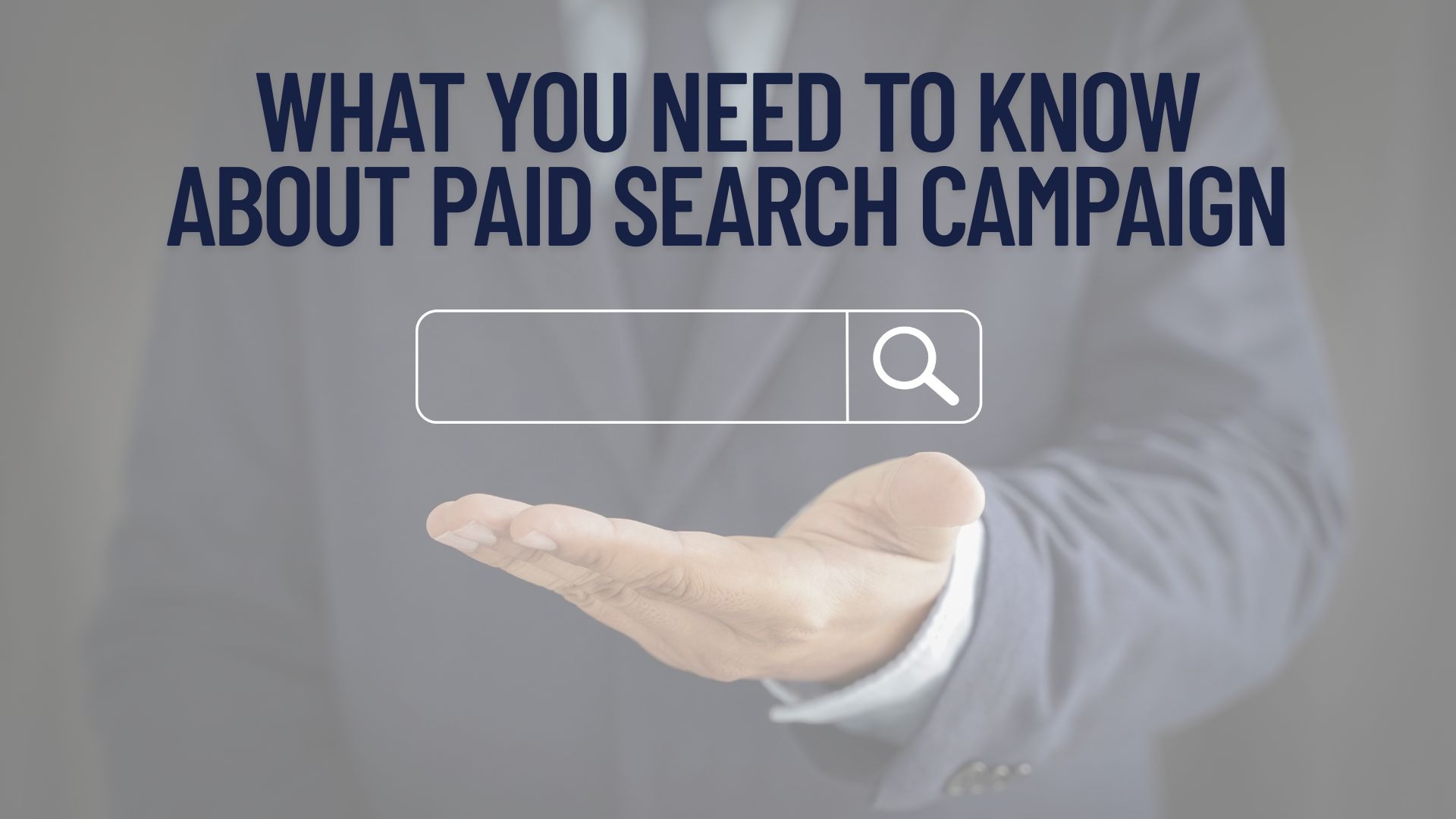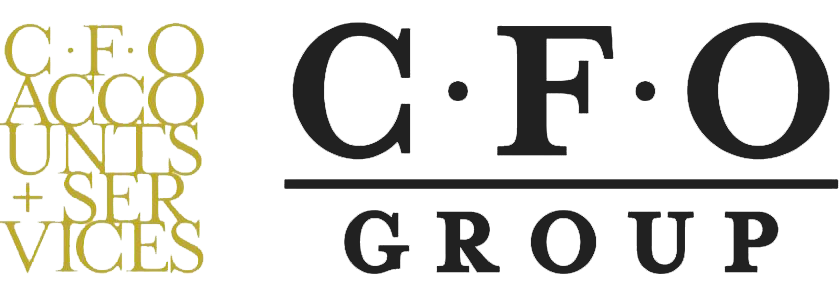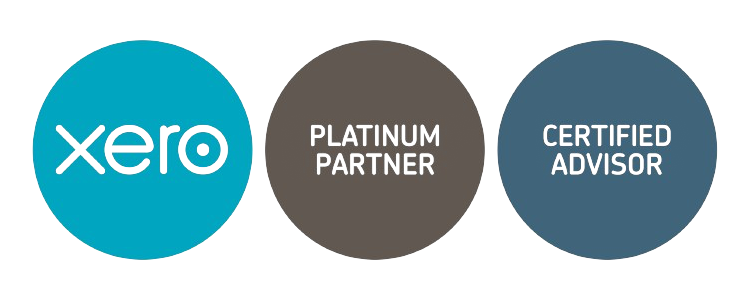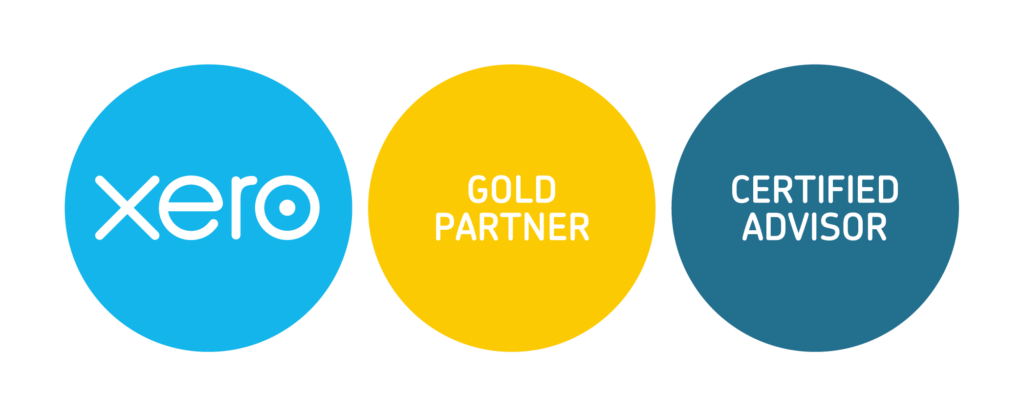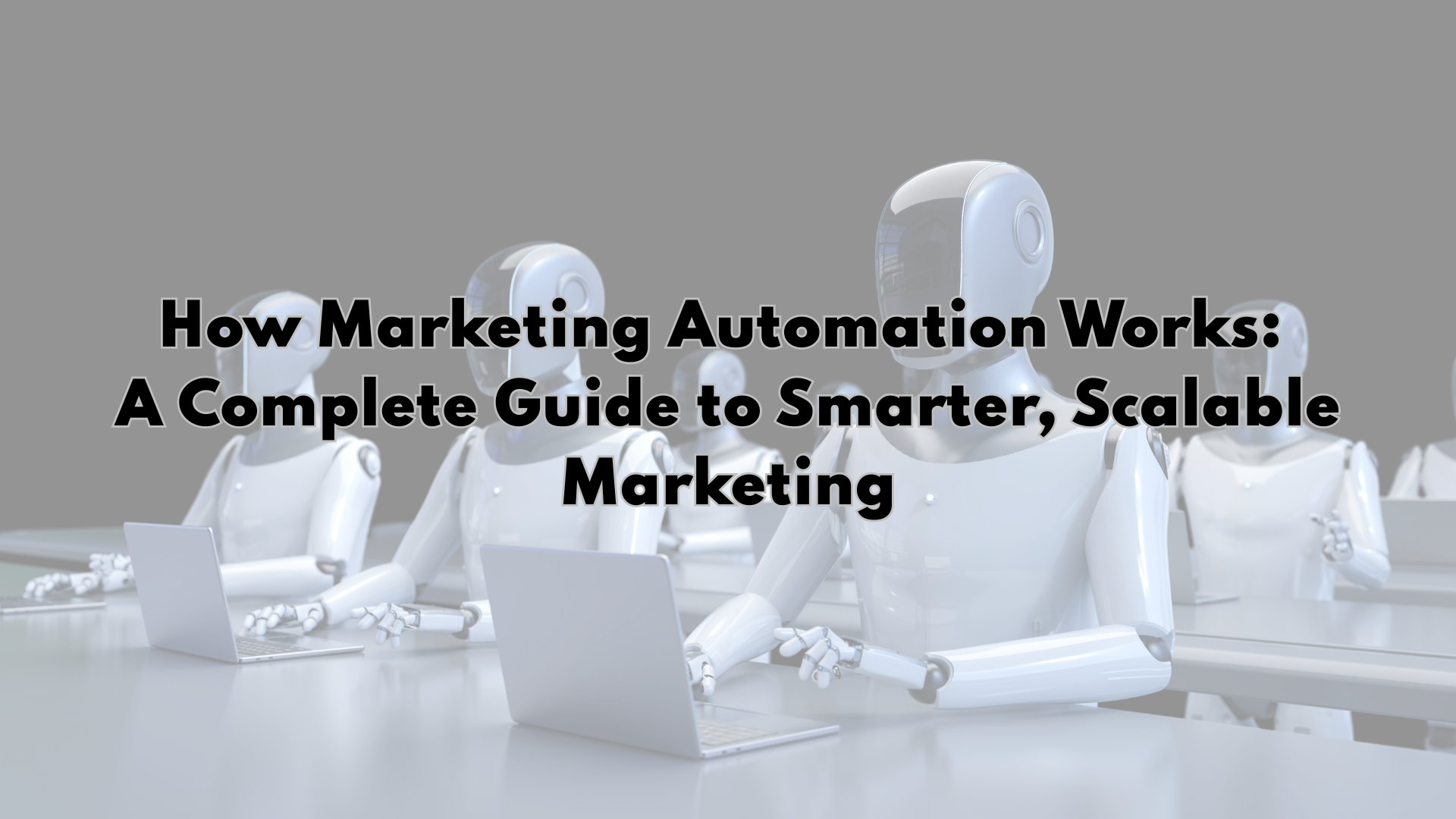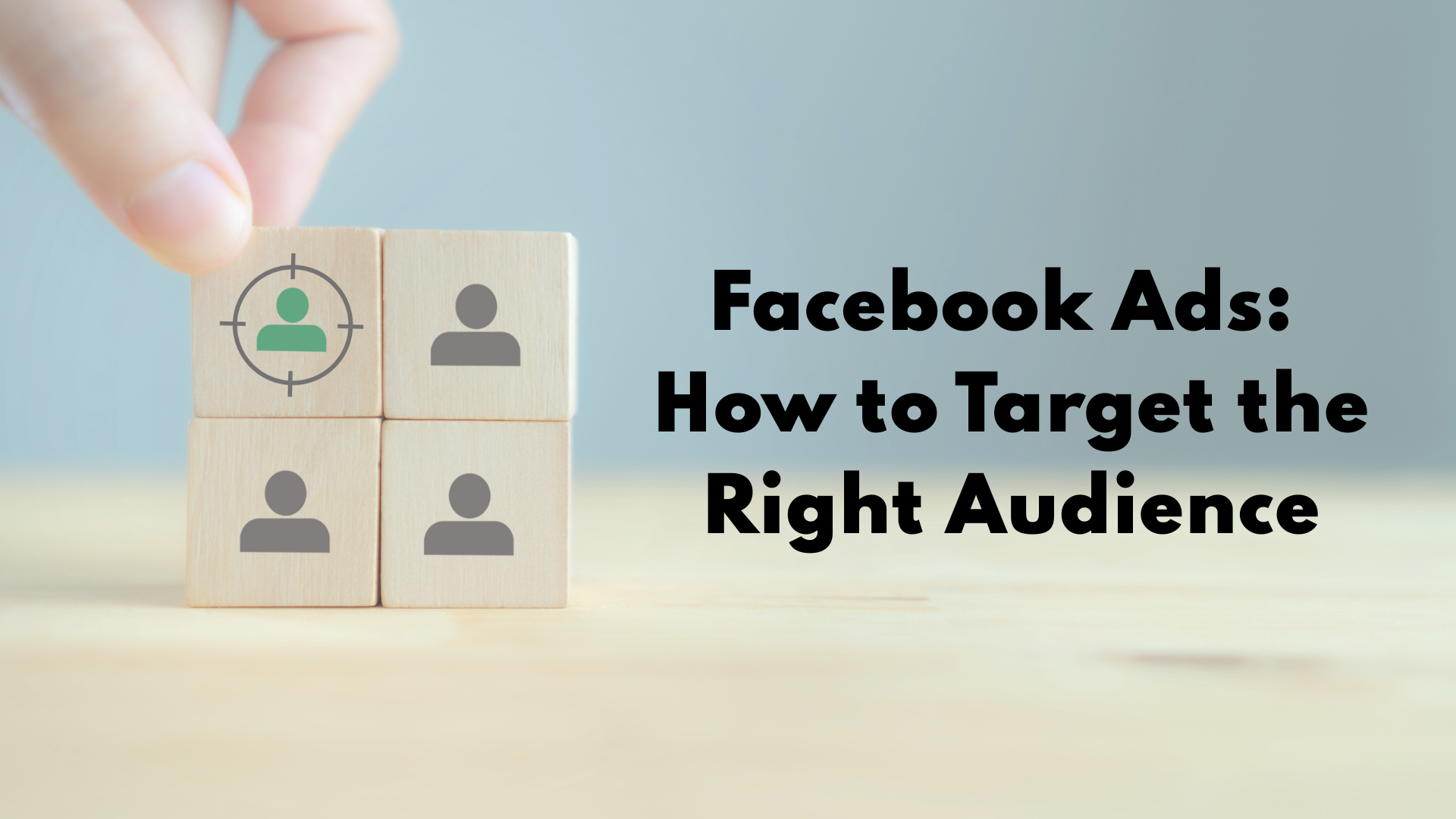CFO GROUP INTEGRATED SERVICES
What is a Paid Search Campaign?
CMO Media Lab Pte Ltd • June 3, 2025
A paid search campaign is a form of online marketing where advertisers bid on relevant keywords, allowing their paid ads to appear in the search engine results pages (SERPs). Unlike organic listings, paid search results appear instantly when users search for specific keywords. This is also known as search engine marketing (SEM).
1. How Paid Search Ads Work
Paid search ads are text ads that appear at the top or bottom of search results pages. Advertisers bid on keywords, and the ad ranking is based on the bid amount, ad quality, and relevance of the landing page. Most campaigns operate on a pay-per-click (PPC) basis, meaning you only pay when someone clicks on your ad.
2. Google Ads and Other Paid Search Platforms
Google Ads is the most popular paid search platform, but Bing Ads and other search engines also offer similar services. Setting up a Google Ads account enables you to:
- Create campaigns
- Choose your target audience
- Manage your ad spend across Google Search and Google Display Network
3. Why Businesses Use Paid Search Marketing
- Fast results: Get instant visibility on search engine results pages.
- Targeted reach: Show ads to users searching for your products or services.
- Traffic & conversions: Helps drive traffic to your website and boost conversions.
- Broader audience: Expand your reach through targeted ads across multiple platforms.
4. Paid Search vs Organic Search Results
Organic search results are earned through search engine optimization (SEO), while paid search results are purchased through PPC ads. Both are crucial, but paid search offers faster visibility, especially for new websites competing on crowded search engine results.
5. Search Results and Ad Placement Strategy
Your ad placement on the search results page depends on your bid, Quality Score, and the level of competition in your industry. The higher your ad quality and relevance, the greater your chance of your ad appearing at the top of the engine results pages. Innovative bidding strategies help control your budget and exposure.
6. The Role of Search Engines in Paid Ads
Search engines like Google and Bing display paid ads when a user enters a query that matches their search terms. The ad platforms calculate which ads to show based on ad quality, relevance, and keyword match. This ensures users see the most relevant ads.
7. Optimizing Your Landing Page for Better Results
A high-quality landing page can significantly boost your ad’s performance. Search engines evaluate landing page quality as part of your Quality Score. A strong landing page enhances ad rank, reduces cost per click, and boosts conversions.
8. Choosing the Right Search Terms and Keywords
- Importance: Critical to reaching your ideal audience.
- Tools: Use Google Ads Keyword Planner to:
- Identify relevant keywords
- Match keywords with user intent
- Result: Higher chance of turning clicks into leads or sales.
9. Managing Ad Spend and Budget
Effective paid search campaigns require careful control of ad spend. Set a daily or monthly budget, monitor performance, and adjust bids based on results. Keeping your ad spend aligned with campaign goals ensures maximum return on investment.
10. Structuring Your Search Campaign and Ad Groups
A well-organized search campaign includes clearly defined ad groups. Each ad group should focus on specific search terms and target keywords, supported by tailored ad copy and relevant landing pages. This improves your campaign’s structure and relevance.
11. Search Advertising Insights
| Aspect | Insights |
|---|---|
| Strategy | Focus on matching user intent and maximizing ROI with smart bidding and ad scheduling. |
| Ad Assets | Utilize ad extensions, structured snippets, and sitelinks to improve visibility. |
| Competitive Edge | Monitor competing ads and adjust bids to stay ahead in SERPs. |
| Performance Tracking | Measure conversions, bounce rates, and optimize based on real data, not assumptions. |
| User Experience | Ensure landing pages load quickly, match ad promises, and deliver clear CTAs. |
12. Boosting Visibility with Ad Extensions
Ad extensions enhance your ads by adding extra details, such as call buttons, location information, and links. These improvements strengthen ad quality and can increase visibility on search engine results pages. Use ad extensions to maximize your ad’s real estate and performance.
Paid search advertising helps businesses appear at the top of search engine results for specific search queries. With the right Google Ads strategy, ad formats, ad assets, and a focus on landing page quality, you can run successful PPC campaigns that generate qualified leads and traffic to your website.
Looking to improve your paid search campaign performance?
CMO Media Lab specializes in managing ad groups, optimizing ad copy, and boosting your search advertising results across Google Search. Whether you're struggling with ad spend, poor ad ranking, or ineffective search terms, we refine every part of your strategy—from choosing relevant keywords to crafting high-converting landing pages that align with your campaign goals.
Our experts ensure your ads appear in the right search engine results pages, not buried behind organic search results or competing ads. With a focus on landing page quality, paid ads structure, and measurable ad campaigns, we’ll help your brand stand out in search engine marketing.
Let CMO Media Lab turn every click into a qualified lead.
